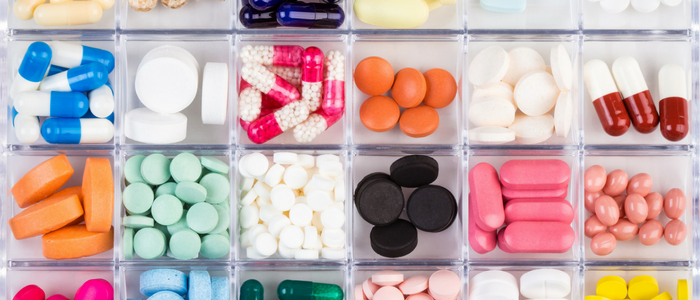- 29.05.2017
- 2'15 min
- 0
Medicines: the dangers of counterfeits
With the development of globalised e-commerce, the market for counterfeit medicines has exploded with dramatic consequences for public health. Even if they should be taken with caution, the World Health Organisation's statistics tell of 700,000 victims a year. From an economic point of view, this is a market worth over €50 billion and it is causing the loss of thousands of jobs in the legitimate pharmaceutical sector. What is a counterfeit medicine and how is the government attempting to contain this scourge? But also, what responses can private companies affected directly or indirectly have?

What is a counterfeit or falsified medicine and how do you recognise one?
According to experts at the Council of Europe, it is a medicine that misrepresents at least one of the following characteristics: its identity (labelling, composition), its source (country of origin, marketing authorisation), or its history (documents relating to distribution channels).
At best, it will have no effect on the condition, at worst it may lead to serious adverse effects, even death. All types of medicines are concerned: painkillers, anti-cancer drugs, AIDS and diabetes screening tests, antibiotics, but dental and surgical equipment can also be concerned. Generics, are not spared either.
The public authorities are acting, private companies too
Initiated by the Council of Europe, signed by twenty-three countries, the Medicrime Convention, which came into force on 1 January 2016, aims to enable countries to join forces to combat counterfeit medicines. Manufacturing them and selling them are now criminal offences.
In France, the IRACM* launched a national campaign on counterfeit medicines in 2016 to warn and advise the general public about the risks of buying medicines online and what to do when travelling.
The whole world is waking up to this issue. An international symposium on drug supply chain security was held in Beijing in 2016. The crucial role companies can play by setting up traceability and authentication systems was emphasised.
Private companies are also proposing solutions based on new technologies such as Data&Data hosted at Village by CA. This start-up enables companies to detect counterfeits on social media in real time. Cypheme is another start-up which is working on an application that can analyse a label on a packet to see if it is genuine. Or the M-Pedigree service, thanks to which sending a simple SMS is enough to check whether a medicine's origin is authentic.
It is estimated that some 10% of the medicines circulating in the world are fakes. In Latin America, this figure reaches 30% and could top 60% in some African countries. In Europe, the quality of healthcare services, rigorous controls and better public information have limited the penetration of these fakes to about 1%. In France, the law has allowed the sale of medicines on the internet since 2013, but only non-prescriptions drugs are concerned.
*IRACM: International Institute of Research Against Counterfeit Medicines. www.le-faux-medicament-kesako.com
